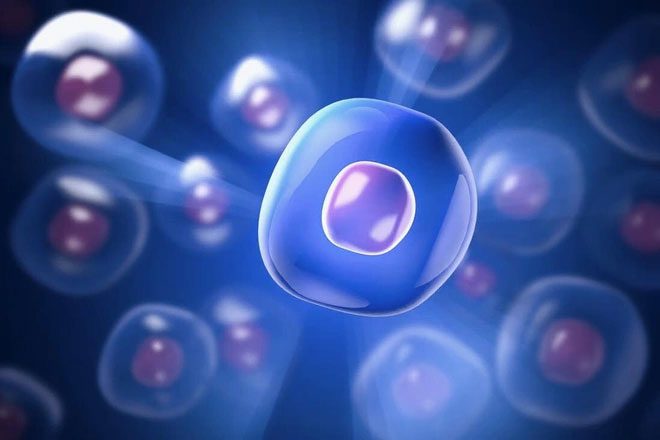A research team has reported that this compound has been shown to extend lifespan and is a potential therapy for treating metabolic disorders such as diabetes and fatty liver disease.
Chinese scientists claim to have developed a lifespan-extending drug that creates a false sense of hunger in cells to activate an enzyme that regulates energy and reduces fat storage.
Leading the research team are scientists from Xiamen University, who stated that this chemical compound has been proven to extend lifespan, increasing the lifespan of nematodes and mice. Additionally, it is considered a potential therapy for treating metabolic disorders such as diabetes and fatty liver disease.
Professor Lin Shengcai, a metabolic biologist at Xiamen University, explained that this drug was developed based on the mechanism of an ancient Chinese fasting method called bigu, which involves abstaining from grains and only practicing qi cultivation for detoxification and body cleansing. Today, it is more commonly known as fasting or intermittent fasting.
“Our drug mimics the bigu mechanism and has discovered the key to extending lifespan through calorie restriction and fasting,” said the scientist from the Chinese Academy of Sciences.

A research team led by scientists from Xiamen University has developed a new drug to mimic glucose hunger at the cellular level. (Photo: Shutterstock).
The research team, which includes researchers from Shanghai Sixth People’s Hospital, Tsinghua University, and the Dalian Institute of Chemical Physics of the Chinese Academy of Sciences, published their findings in the peer-reviewed journal Nature Metabolism on October 10.
They discovered that the drug aldometanib extended lifespan and healthy lifespan in small roundworms by an average of 18 to 26 days and in mice by at least 7.5%. The aldometanib drug also reduced glucose levels in mice and alleviated fatty liver disease and non-alcoholic fatty liver disease (NAFLD) — a form of fatty liver disease prevalent in obese rodents.
The research team observed significant reductions in body weight, fat mass, and body fat composition in mice treated with aldometanib over one month, while their lean mass remained unchanged. Meanwhile, the running distance, duration, and grip strength of the treated one-year-old mice significantly increased.
AMPK is a protein kinase that functions as an energy sensor in cells and is a key regulator of carbohydrate and lipid metabolism through its effects on cholesterol synthesis, fatty acid oxidation, and glucose synthesis in the liver.
To activate AMPK, the Chinese research team developed a new drug that mimics glucose hunger at the cellular level. According to Professor Lin, it works by blocking a metabolic derivative of glucose from binding to aldolase — an enzyme that breaks down sugars to produce energy.
Moreover, the drug simulates a state of hunger in cells without altering energy levels in the body, thus preventing the sensation of hunger from occurring.



















































